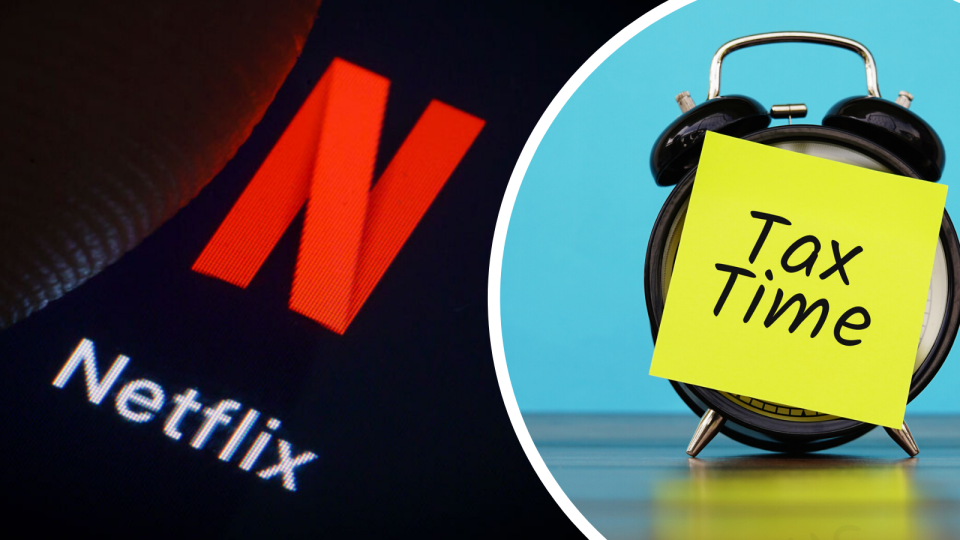‘Your $13.99 Netflix subscription is more than what the company paid in tax’

Huge companies like Amazon and Netflix have gotten away with paying no federal income taxes in the US, and close to no taxes in Australia.
US Senator Bernie Sanders, who has campaigned against massive corporations not paying taxes, took to Twitter to slam Netflix for not paying its fair share.
Also read: Netflix's Aussie price hike today could see it lose thousands of subscribers
Also read: Days left until Netflix disconnected for thousands of Aussies
“Your $8.99 [AU$13.99] Netflix subscription is more than the company paid in federal income taxes last year (nothing),” he tweeted.
“We are going to make massive corporations finally pay their fair share.”
Your $8.99 Netflix subscription is more than the company paid in federal income taxes last year (nothing).
We are going to make massive corporations finally pay their fair share.— Bernie Sanders (@BernieSanders) November 19, 2019
Netflix paid $0 in tax in the US, and just $341,793 in Australia for the 2018 calendar year - despite raking in between $600 million to $1 billion from local subscribers, according to the AFR.
The company’s corporate structure allows a Netherlands-based subsidiary to bill its customers, which incurs a Dutch tax rate that’s much lower than Australia’s corporate tax rate of 30 cents to the dollar.
The only tax Netflix pays in Australia is on the $12.1 million “service fee” the global company pays its Australian arm.
But Netflix isn’t alone
Analysis shows around 60 of the Fortune 500 companies avoided paying federal income tax in 2018, which is more than three times the number of companies that avoided paying corporate taxes between 2008 and 2015.
On that list is Amazon, which paid $0 in taxes on US$11.2 billion in profit last year.
But how do they get away with it?
Well, according to the director of federal tax policy at the Institute on Taxation and Economic Policy, Steve Warmhoff, Amazon doesn’t really lay out its tax strategy properly, so it’s hard to know what they’re doing.
“In their public documents they don’t lay out their tax strategy. So it’s unclear exactly which breaks [the company is taking advantage of]. They vaguely say tax credits,” Warmhoff said.
While not technically illegal, companies can take advantage of tax credits, loopholes and exemptions - but they should really be paying their taxes.
In a post to Medium, US Senator Elizabeth Warren said she was proposing a new tax on corporations with no loopholes or exemptions.
“You probably pay more in federal income taxes than America’s biggest, most profitable corporations,” Warren wrote.
And the Real Corporate Profits Tax intends to make America’s biggest and most profitable corporations pay more and ensure that none of them can ever make billions and pay zero taxes again.
“This new tax only applies to companies that report more than $100 million in profits — about the 1200 most profitable firms in the country last year,” she wrote.
“That first [US]$100 million is left alone, but for every dollar of profit above [US]$100 million, the corporation will pay a 7 per cent tax. Any company profitable enough to hit the Real Corporate Profits Tax will pay that tax in addition to whatever its liability might be under our current corporate tax rules.”
That would mean Amazon would be forced to pay US$698 million in taxes, rather than $0.
Do other Australian companies pay no taxes?
While big tech companies in Australia don’t get away with paying $0, they don’t pay the full 30 per cent rate.
Google made $4.3 billion in revenue in Australia, but the search engine paid just $26.5 million in tax - or about 0.6 per cent. Similarly, Facebook raked in over $500 million and paid just $11.8 million taxes.
Even Atlassian, who raked in over $1 billion in revenue in the last financial year, paid no taxes at all due to a combination of operating losses and research and development tax concessions.
Make your money work with Yahoo Finance’s daily newsletter. Sign up here and stay on top of the latest money, news and tech news.

 Yahoo Finance
Yahoo Finance 